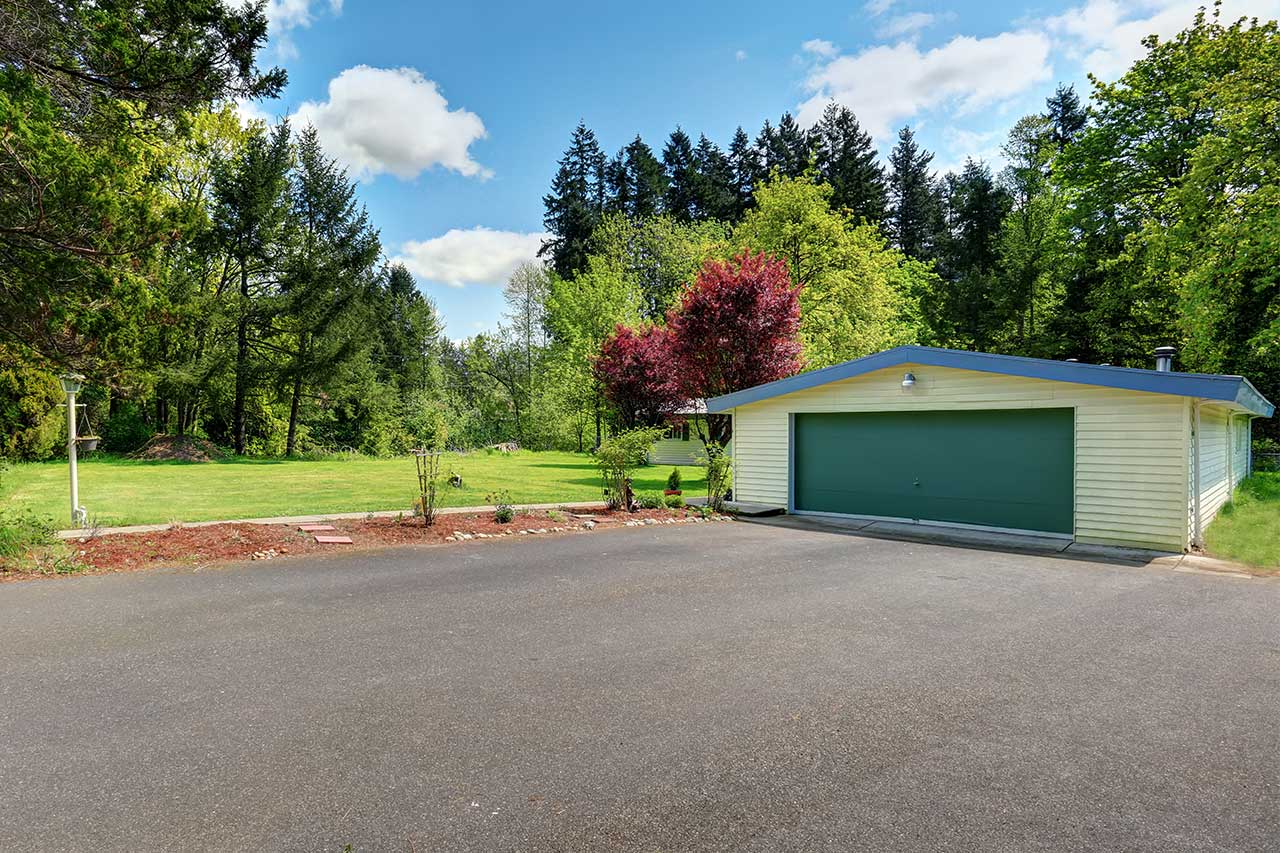
Get matched with top asphalt sealers in your area
Enter your zip and get matched with up to 3 pros
Matching on HomeAdvisor


Asphalt sealers in Finchville
No results for Asphalt Sealing in
Try adjusting your search criteria.Asphalt sealings FAQs
The best time to install a driveway is from late spring to early fall. This period offers ideal conditions with warm days and cool nights that enable materials like asphalt and concrete to properly set. During this season, moderate temperatures enhance curing, reduce thermal stress, and minimize the risk of premature surface damage. These stable conditions ensure that your driveway is installed with optimal durability and longevity.
Maintaining your driveway requires consistent care, including annual sealing for concrete and periodic sealing for asphalt. Regular sealing prevents water penetration, reduces cracking, and protects the surface from weather-related damage. Following a scheduled maintenance routine not only retains the driveway’s attractive look but also extends its functional lifespan and structural integrity. Prompt repairs and systematic upkeep are essential for long-term durability.
Installing a driveway takes between one and three days for concrete and about two days for asphalt. This timeline reflects the standard duration required for material preparation, installation, and finishing processes. Additional features such as landscaping, custom designs, or complex layouts may extend the overall installation period. A well-coordinated project schedule by skilled professionals ensures high-quality results within the outlined timeframe.
A well-constructed driveway lasts for around 30 years. Consistent maintenance practices such as scheduled sealing, timely crack repairs, and routine inspections are crucial to achieving this longevity. Regular upkeep prevents water damage and surface deterioration while preserving the driveway’s structural integrity and visual appeal. Engaging in proactive maintenance ensures that the driveway remains safe, attractive, and durable over its lifespan.





- Birmingham
- Phoenix
- Tucson
- Fresno
- Long Beach
- Los Angeles
- Modesto
- Sacramento
- San Diego
- San Francisco
- San Jose
- Denver
- Hartford
- Washington DC
- Fort Lauderdale
- Jacksonville
- Miami
- Orlando
- Tampa
- Atlanta
- Chicago
- Indianapolis
- Louisville
- New Orleans
- Baltimore
- Boston
- Detroit
- Grand Rapids
- Minneapolis
- Saint Paul
- Kansas City
- Saint Louis
- Las Vegas
- Albany
- New York
- Asheville
- Charlotte
- Greensboro
- Raleigh
- Winston Salem
- Cincinnati
- Cleveland
- Columbus
- Oklahoma City
- Portland
- Harrisburg
- Philadelphia
- Pittsburgh
- Providence
- Memphis
- Nashville
- Austin
- Dallas
- El Paso
- Fort Worth
- Houston
- San Antonio
- Salt Lake City
- Norfolk
- Richmond
- Virginia Beach
- Seattle
- Madison
- Milwaukee



